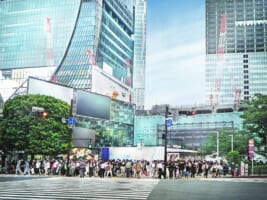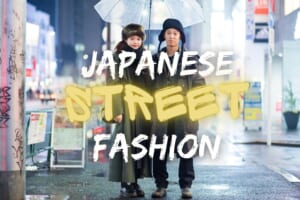Best Japanese Denim Brands
Why Japan’s Jeans Are the Real Deal: Top Brands and the Craft Behind Them

What do James Dean, vintage looms, and sugarcane fibers have in common? They’re all part of the story behind Japanese denim, jeans so coveted they’ve earned a cult following worldwide. Even though denim’s roots go all the way back to America, Japan has truly embraced it, turning it into an art form and weaving together tradition, innovation, and an obsession with detail.
Standout features like polished dyeing techniques, or careful choice of top-quality cotton, have turned the world of Japanese denim into a league of its own. If you’re a collector chasing rare fades or just someone who appreciates good craftsmanship, dive with us into the world of Japan’s most iconic brands and discover what makes these jeans worth every yen!
Brief History of Japanese Denim
Japanese denim traces its roots to the post-World War II era, when American jeans, worn by soldiers stationed in Japan, sparked curiosity among locals. By the 1960s, denim had grown in popularity, symbolizing Western fashion and individuality. Japan’s first domestic jeans brand, CANTON, was launched in 1965 by Ōishi Trading Company, using imported American fabric. However, the real breakthrough came in 1972, when Kurabo Mills successfully produced Japan’s first selvedge denim, KD-8, an innovation that allowed brands like Big John to craft the first completely Japan-made jeans in 1973, setting the stage for a new era of denim manufacturing.
What sets Japanese denim apart today is its meticulous craftsmanship. Unlike mass-produced denim, Japanese brands focus on small-batch production, often using vintage shuttle looms to create selvedge denim with tightly woven edges. These traditional methods produce durable fabrics with unique textures, slubbiness, and irregularities prized by enthusiasts. Dyeing techniques, particularly the use of natural indigo, further enhance the jeans’ deep, rich hues that develop beautiful fades over time.
Japanese denim fans are also fond of the experience over time and how each pair grows into a comfortable fit for its user. Like a sort of canvas, aging gracefully to reflect its owner’s lifestyle. Niche discussion forums sometimes feature transition photos that show fades over time, or passionate debates over the textile quality of their preferred brands. All in all, Japanese denim has an undeniable reputation for unparalleled quality and authenticity. There’s a lot to choose from, ranging from heritage brands like Big John and Studio D’Artisan to experimental newcomers, so you’re guaranteed to find one just for you.
Without further ado, this is our selection of the very best:
1. Big John
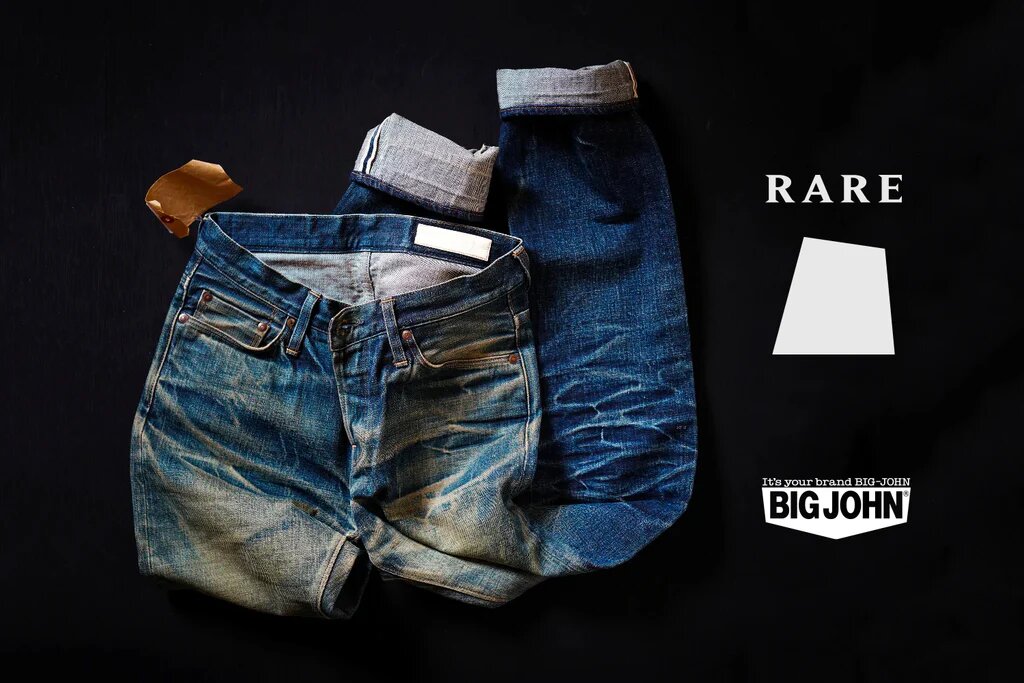
Big John kicked off Japan’s denim revolution as the country’s first jeans manufacturer. Starting with American fabrics, the brand quickly shifted to fully domestically made jeans, setting the tone for Japanese craftsmanship. Known for their innovative approach, Big John pioneered selvedge denim in the 1970s, solidifying their legacy as a trailblazer in the industry. Today, their jeans reflect decades of expertise, offering reliable quality and timeless style. Whether you’re after vintage-inspired designs or modern cuts, Big John continues to be a staple for denim enthusiasts worldwide.
Official website: https://bigjohn-jeans.com/
2. Momotaro Jeans
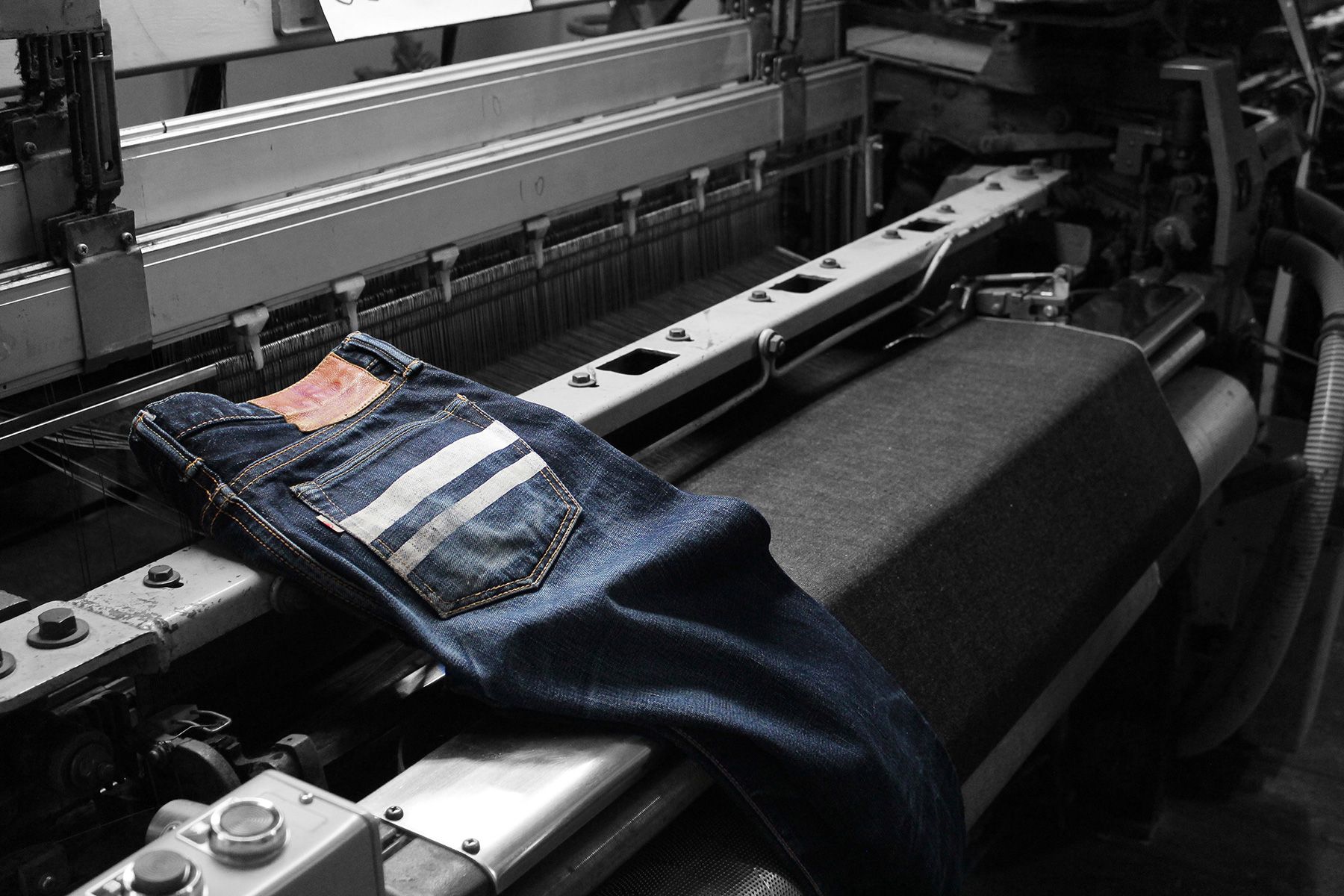
Momotaro Jeans, based in Kojima, Okayama, has become synonymous with precision and artistry. Famous for its deep indigo shades, dubbed “Japan blue,” the brand uses meticulous dyeing techniques to create denim that ages beautifully. Rooted in Kojima’s rich denim tradition, Momotaro emphasizes craftsmanship and top-tier materials in every stitch. Their signature pink selvedge line and bold back-pocket stripes make them a standout choice for denim lovers who value both quality and character.
Official website: https://momotaro-jeans.com/
3. Samurai Jeans
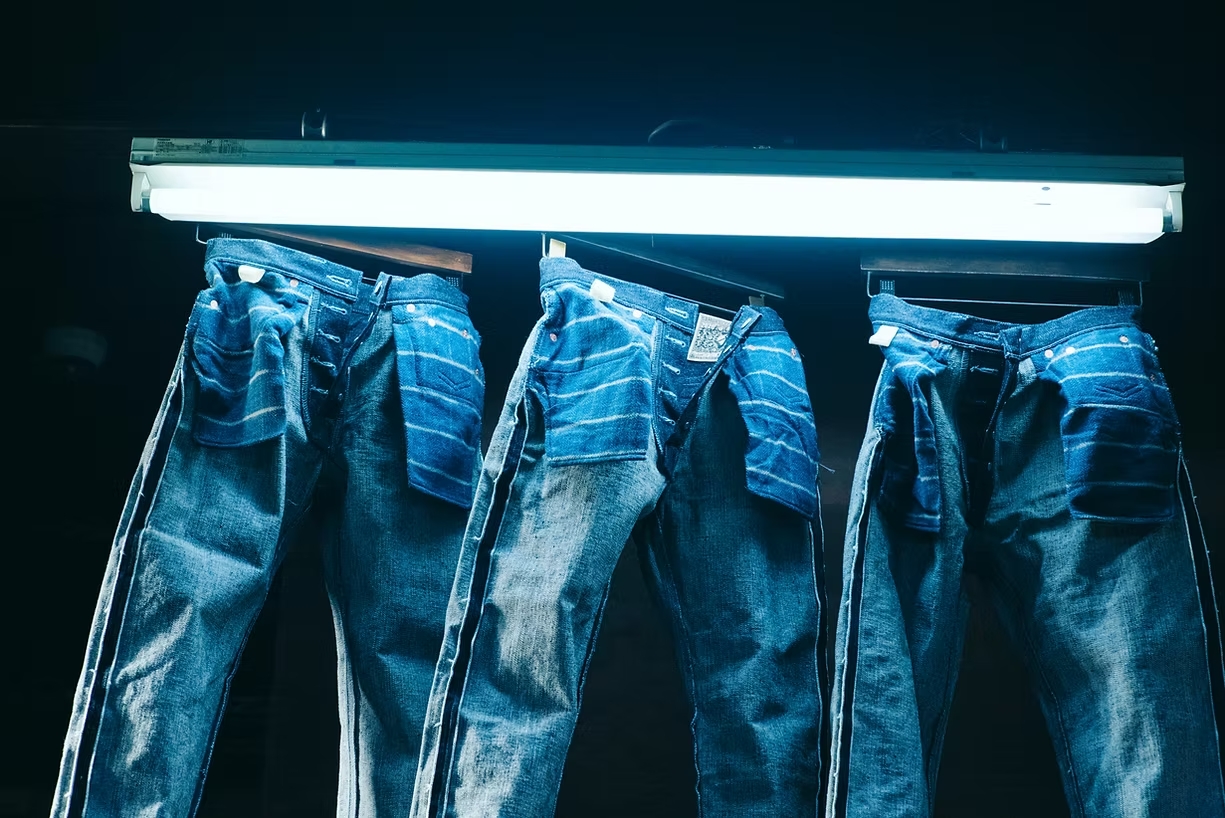
Osaka’s Samurai Jeans crafts rugged, heavyweight denim designed to endure and evolve. Inspired by Japanese history, their jeans incorporate cultural motifs, creating pieces that are both wearable and artistic. Samurai’s denim is known for its unique fading, with every pair turning into a unique and personalized item over time. For fans of sturdy, standout jeans with a touch of heritage, Samurai delivers the perfect balance of durability and style.
Official website: https://www.samurai-j.com/
4. Studio D’Artisan
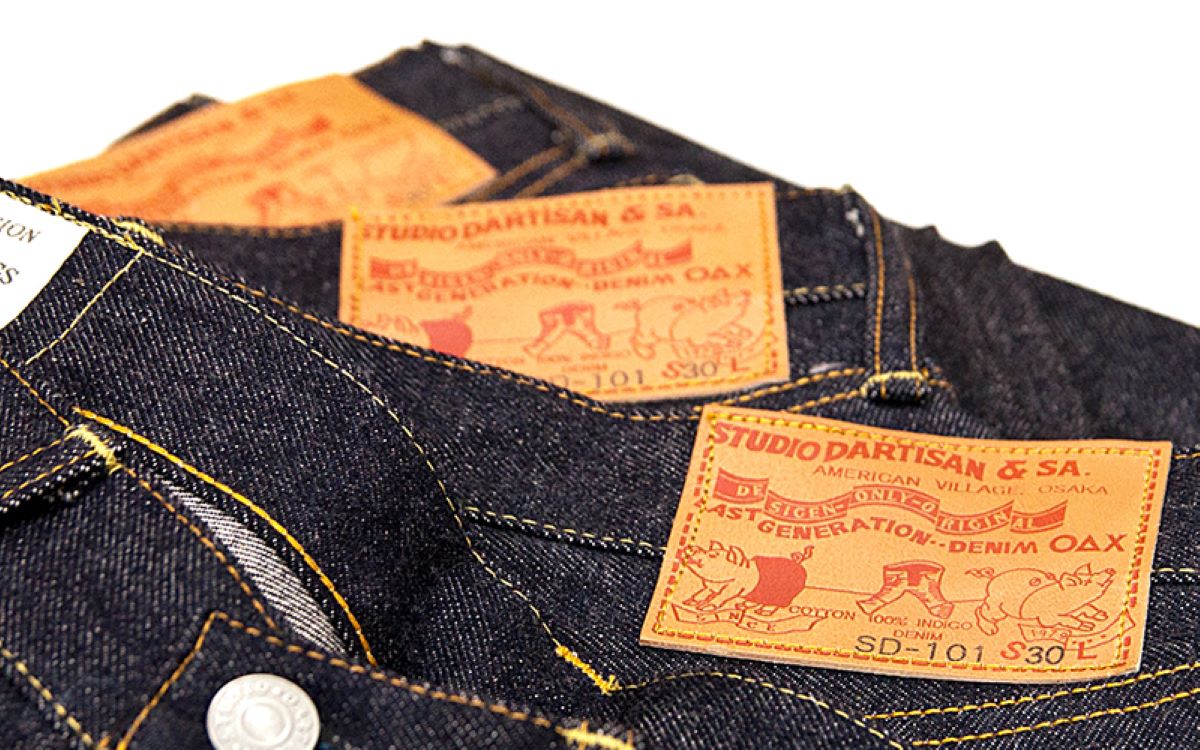
Studio D’Artisan, a founding member of the iconic “Osaka Five,” has been producing exceptional denim since 1979. Known for integrating traditional techniques with playful details, the brand’s jeans are crafted using vintage shuttle looms and hand-dyeing methods. Limited production runs ensure each pair is unique, making them highly sought after by enthusiasts. Studio D’Artisan’s quirky touches, such as their pig logo, add personality to their high-quality, heritage-driven denim.
Official website: http://www.dartisan.co.jp/
5. Evisu
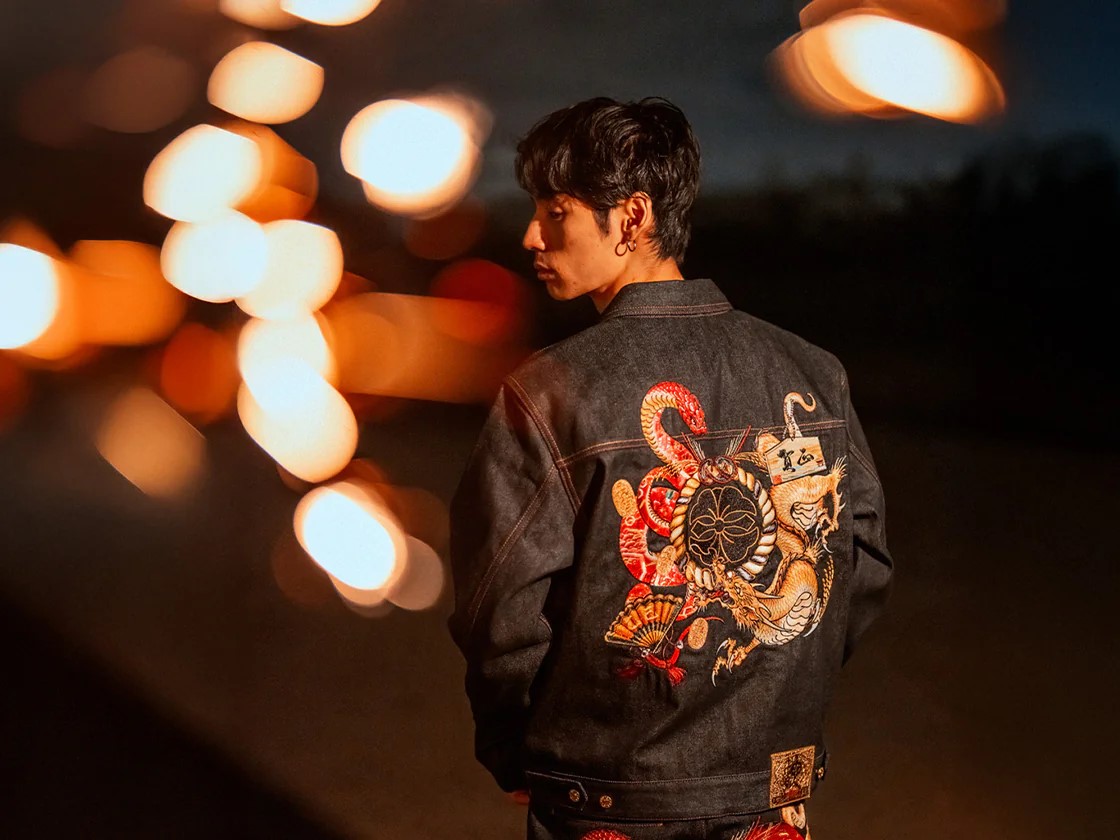
Evisu gained global fame in the 1990s with its hand-painted seagull logo and bold approach to denim. Rooted in Osaka, the brand combines traditional Japanese craftsmanship with a flair for the unconventional. Evisu jeans are known for their attention to detail, premium fabrics, and unique designs that reflect both modern trends and classic influences. For those who want their denim to make a statement, Evisu remains an iconic choice.
Official website: https://us.evisu.com/
6. Japan Blue Jeans
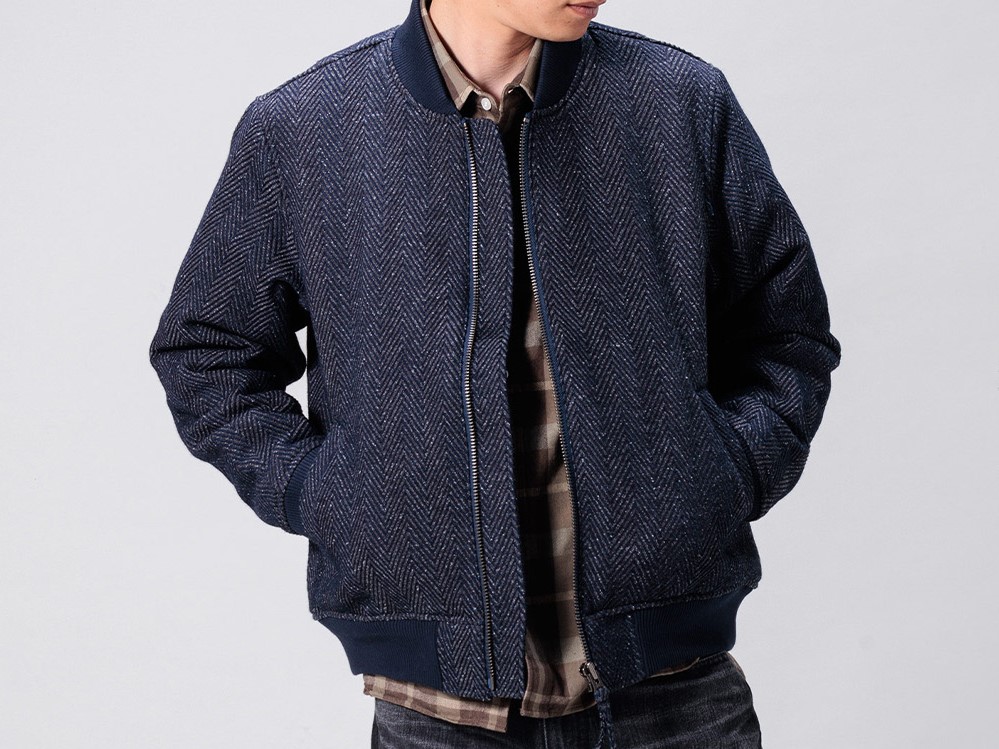
Japan Blue Jeans, founded in 2010 in Kojima, champions high-quality selvedge denim at accessible prices. The brand meticulously develops its own fabrics, ensuring durability and comfort across its range of fits and styles. Known for understated elegance, Japan Blue Jeans focuses on timeless designs with a contemporary edge. Their commitment to affordability and quality makes them a go-to for both casual wearers and denim enthusiasts.
Official website: https://japanblue-jeans.com/
7. Sugar Cane Jeans
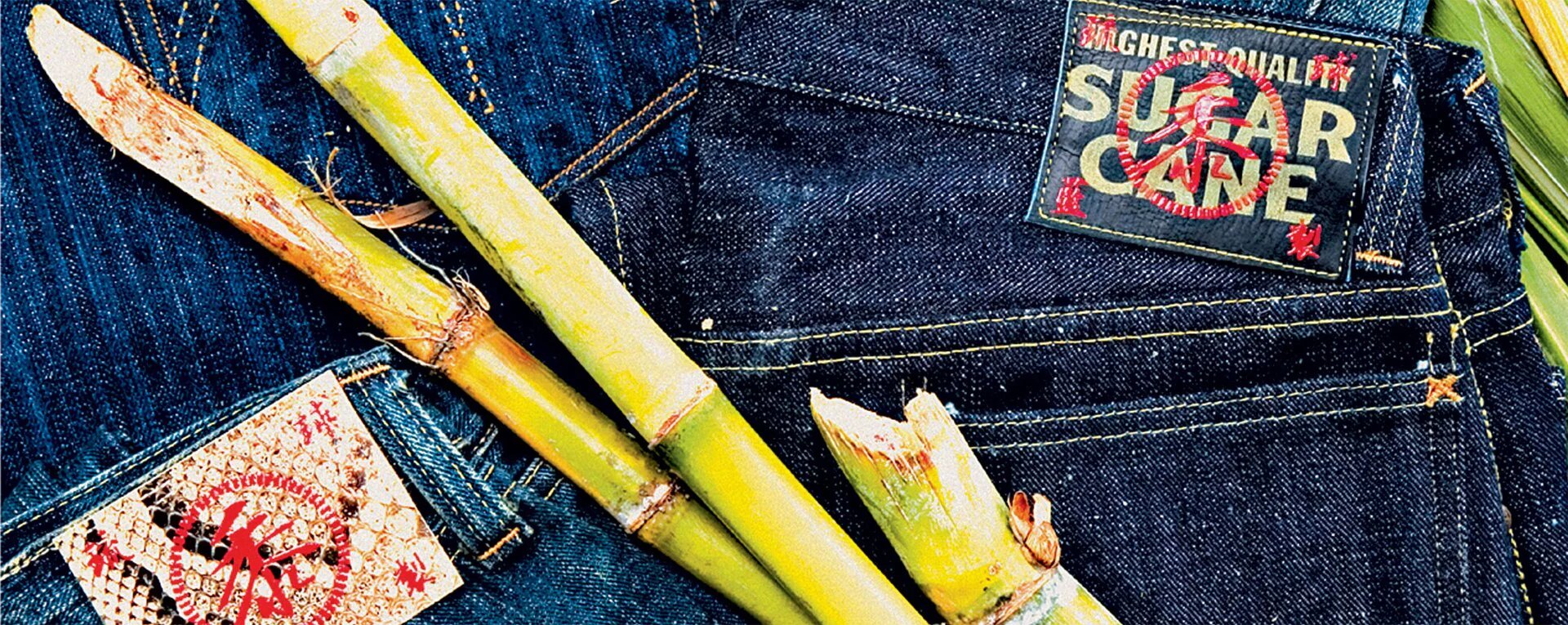
Sugar Cane Jeans specializes in recreating the charm of vintage American denim with a unique Japanese twist. Founded in the 1970s, the brand incorporates unconventional materials like sugarcane fibers to enhance durability and texture. Their meticulous attention to historical details, from fabric to fit, appeals to enthusiasts of authentic, old-school denim. With styles that nod to mid-century Americana, Sugar Cane Jeans bridges the gap between past and present.
Official website: https://sugarcanejeans.com/
8. Oni Denim
Oni Denim, shrouded in secrecy, is a brand that thrives on exclusivity and innovation. Known for its signature slubby textures, their jeans boast an irregular, rugged appearance that’s perfect for fans of distinctive denim. Based in Okayama, Oni creates limited runs using unconventional production methods. Each pair is a wearable piece of art, offering a raw, tactile experience that denim aficionados appreciate.
Official website: https://www.kidana.com/oni%20denim/index.htm
9. Pure Blue Japan
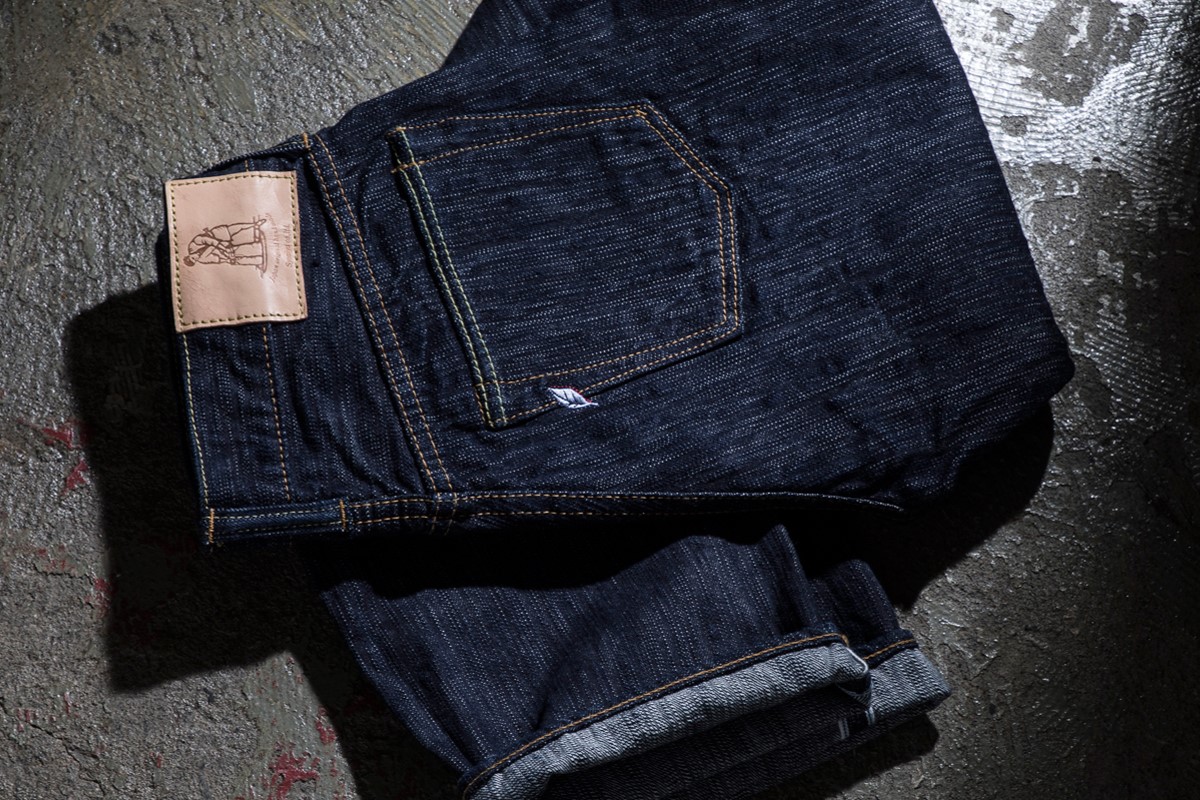
Pure Blue Japan has been crafting beautifully dyed jeans since 1997, with its deep indigo hues becoming a signature feature. The brand’s focus on unique textures and meticulous dyeing techniques ensures every pair develops a unique patina over time. Based in Okayama, Pure Blue Japan blends traditional craftsmanship with modern fits, catering to denim lovers who value individuality and character in their wardrobe.
Official website: https://www.purebluejapan.jp/
10. Iron Heart
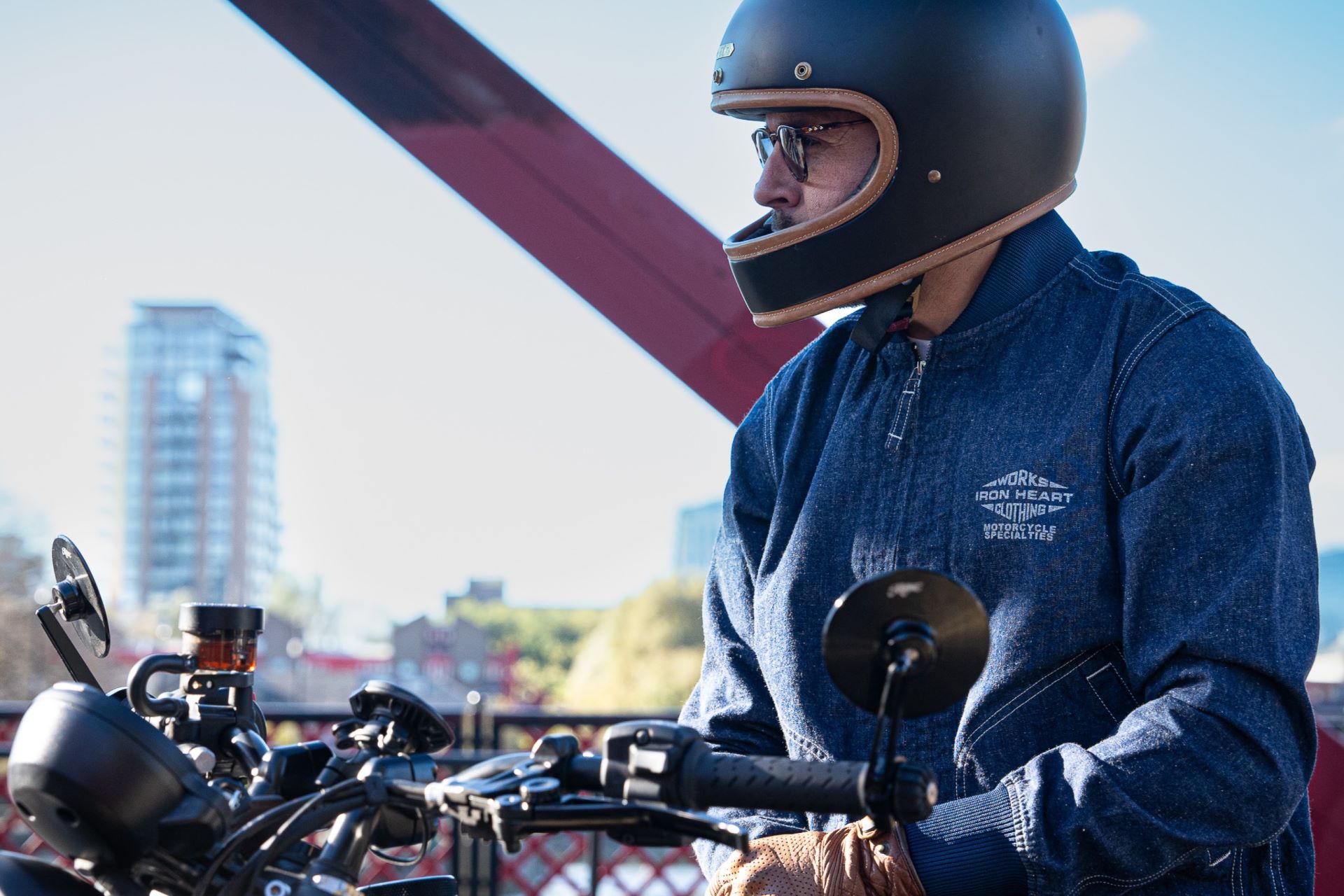
Iron Heart is a heavyweight in more ways than one. Founded in 2003, the brand specializes in rugged, thick denim designed for motorcycle enthusiasts and those who demand durability. Iron Heart’s jeans are built to last, with their heavyweight fabrics offering comfort and resilience once broken in. Their classic designs, paired with exceptional craftsmanship, make them a favorite among those seeking denim that can withstand both time and wear.
Official website: http://www.ironheart.jp/IH-WP/
For more information about fashion in Japan, check these articles below, too!
Written by
Photographer, journalist, and avid urban cyclist, making sense of Japan since 2017. I was born in Caracas and lived for 14 years in Barcelona before moving to Tokyo. Currently working towards my goal of visiting every prefecture in Japan, I hope to share with readers the everlasting joy of discovery and the neverending urge to keep exploring.





